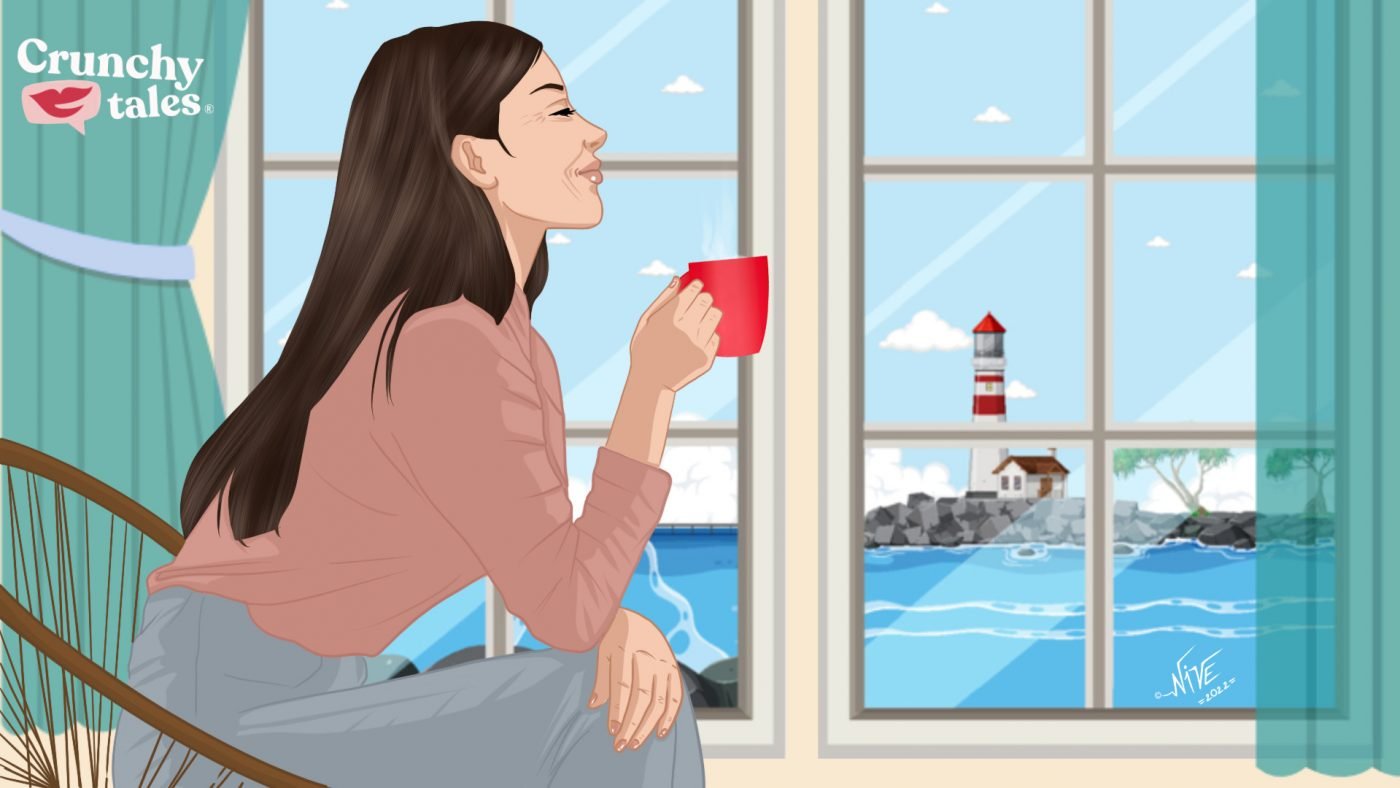Are You Happy Living On Your Own? Maybe You’re A Honjok
If you are a single over 40, questioning your choices and feeling anxious at the idea of living on your own for the rest of your life, know that despite the difficulties that being alone can bring, there are also constructive ways to experience that.
Although, after a certain age, society makes singlehood feel dangerously unpleasant, it‘s no longer something to be sneered at. Nowadays, the myth of the desperate person living on his or her own has been busted and reinforced by a new movement coming from South Korea, the Honjok (a combination of 2 words meaning “alone” and “tribe”).
A growing trend that we are also seeing in other parts of the world, like in Sweden, the US and Japan, where tribes of one are increasing, showing everyone examples of successful loners determined to find solace in their passions more than in partners.
This movement is not against being in groups and forming communities but proposes different ways to live – says Silvia Lazzaris, an Italian researcher and author of the book Honjok: The South Korean Method of Living Happily With Ourselves-. Honjok is an invitation to enjoy solitude and to reflect on who we really are, in addition to the established social and cultural norms. Contrary to what one might think, it is not to live isolated from the world but rather to claim the right to be able to feel good even alone.
Honjoks are basically those ones who decide to celebrate one’s loneliness and independence by doing things that are usually done in company. Including eating, drinking, watching a movie or travelling. Satisfied with this decision, and not caring about the judgment of the outside world, Honjoks create their own “tribe”, embracing the emerging individualism to form a person’s “families” and seeing loneliness as an opportunity to really be with themselves while cultivating a deeper self-awareness. A new way of life which stems from the idea that doing any activity alone is a liberating act.
But beware of misunderstandings: as Silvia Lazzaris makes clear, “being Honjok does not mean being immune to loneliness but simply being exposed to it more regularly and perhaps learning to manage it more consciously “.
On the same page, the American psychotherapist Francie Healey, author of another interesting book “Honjok: The Art of Living Alone“. She believes being alone can actually lead us to look for ways to be more assertive, creative, and aware.
It is here that we can see what our true values are, what our authentic self is, and what really motivates us – she explains to the BBC-. This allows us to ask the right questions, and find out what our unique talents are and how we want to use them in the world and in our community.
In the end, living on our own it’s not as depressing as our society makes us believe. It’s about cultivating a state of mind that arises from the curiosity to discover ourselves, in which we become leaders of our own lives and regain control. A chance to figure out our own personal mission statement.
It’s what the renowned sociologist Eric Klinenberg calls going solo, revealing the most significant demographic shift since the baby boom and offering surprising insights on the benefits of this epochal change.
And guess what? According to his study, mature single people – most often widows – are not, as you might imagine, fighting over the handful of old men still just about standing. These real-life Golden Girls know only too well that if they remarry, they will soon end up as full-time carers all over again.
What we need to do, Klinenberg concludes, is craft new ways of living alone together, ones that acknowledge and nurture the links between the solitary and the communal. The Honjoks are showing us the way.
Like this post? Support Us or Sign up to our newsletter to get more articles like this delivered straight to your inbox!





